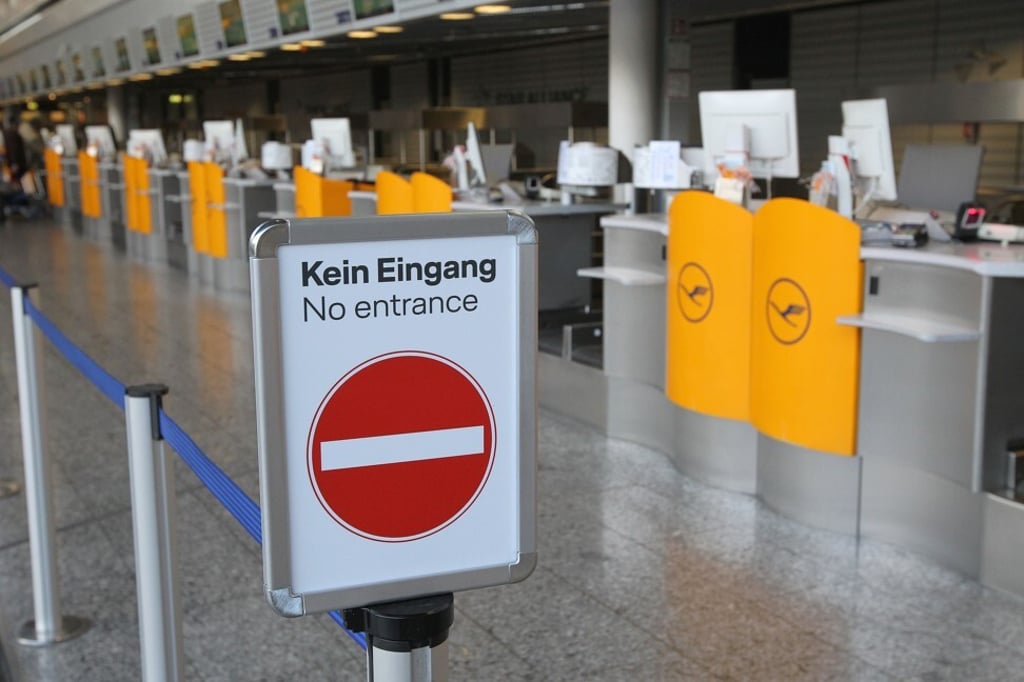Opinion | Profit-making airlines are refusing refunds – why do they insist on plundering the people’s pockets?
- Yes, the pandemic has grounded flights. But why should those who have paid for a service not get a refund?
- Flying against EU law, certain airlines are citing an ‘unprecedented situation’ as a reason for not offering refunds

My teenage son is locked in an unequal struggle with one of the world’s most profitable airlines, and there’s clearly going to be only one winner.
He spent the money he’d saved up from two years of weekend jobs to buy a HK$5,000 (US$645) ticket from Lufthansa to fly to Hong Kong at Easter and spend a fortnight with the friends he grew up with before his final year of school in Britain.
The flight, of course, was cancelled because of coronavirus. But the German airline, which made a profit of €2 billion (US$2.2 billion) in 2019, won’t give him his money back because it has decided it needs his HK$5,000 more than he does.
Under European Union law, an airline that cancels a flight must provide a refund within seven days. But because of what it calls “this unprecedented situation”, Lufthansa is refusing to do so and is instead offering a voucher for non-existent flights or the opportunity to rebook on another flight that won’t take off because of coronavirus.

My son is not going to go hungry or find himself begging on the streets as a result of losing his savings. He may even learn a useful life lesson that will make him more mature, reflective and less willing to take people at their word.
